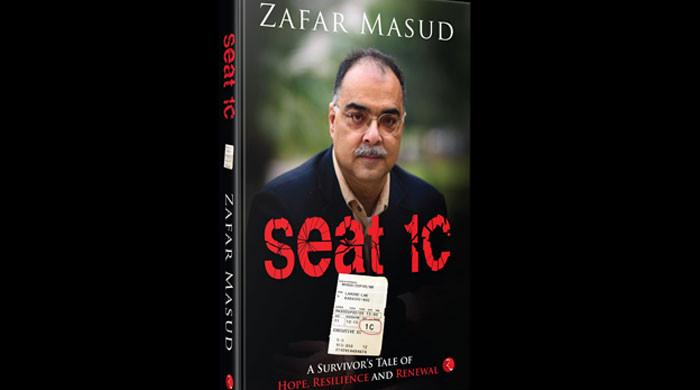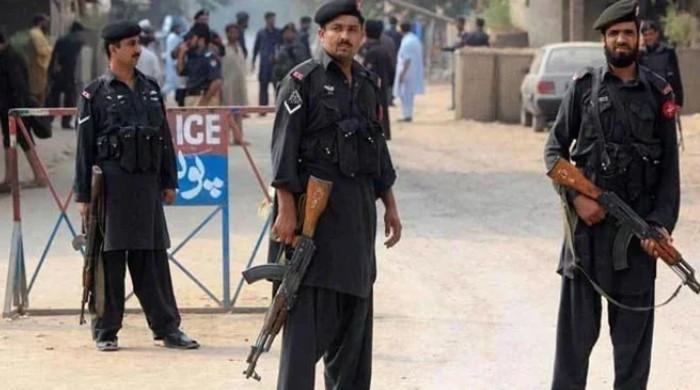SC issues contempt of court show-cause notice to PM Raja Pervez Ashraf
ISLAMABAD: The Supreme Court on Wednesday issued a show cause notice for contempt of court to Prime Minister Raja Pervez Ashraf for failing to implement its directives of writing a letter to Swiss...
August 08, 2012
Prime Minister Ashraf has been directed to appear before the Supreme Court when the hearing of the NRO implementation case will resume on August 27.
A five-judge special bench of the apex court, headed by Justice Asif Saeed Khosa, was hearing the case and issued its order.
The order stated that the Supreme Court’s decision has been persistently disobeyed and that it was unfortunate that the Prime Minister failed to follow court orders.
During the hearing, Attorney General Irfan Qadir read out the apex court’s directive of July 25. Qadir said the government was taking serious steps to resolve the issue, adding that, more time was required to arrive at a settlement.
The attorney general requested the bench to take up the matter after Eidul Fitr and asked if the case could be adjourned until the first week of September.
Upon which, Justice Ejaz said that enough time had been given to the government in order to formulate a response in this regard.
The attorney general said that given the government’s ongoing efforts, the gulf between the two state institutions would cease to exist.
Addressing the attorney general, Justice Khosa said that the bench could not move an inch away from its decision. He moreover asked the attorney general as to why the government had failed to arrive at a decision in spite of being given enough time to do so.
Earlier on Tuesday, the Pakistan People’s Party had decided it would not write a letter to Swiss authorities for reopening cases against President Asif Zardari and would ‘resist’ actions by the Supreme Court within bounds of the Constitution.
During the previous hearing of the NRO implementation case, the Supreme Court had suggested to the government to find a way out of the impasse between the executive and the judiciary.
During the July 25 hearing of the case, the bench repeatedly asked the government through the attorney general to use wisdom and find a solution to vindicate the positions of the two institutions perceived to be at logger heads, also implying that it was not in a mood to send another prime minister home and conceding that President Zardari enjoyed immunity from prosecution in criminal cases.
Earlier on June 27, the bench had given the new prime minister two weeks to indicate whether he would ask Swiss authorities to reopen a corruption case against President Zardari.
The court had on June 19 dismissed Yousuf Raza Gilani as prime minister after convicting him of contempt in April for refusing to reopen the multi-million-dollar case against the president.
Raja Pervez Ashraf was later elected as the new prime minister.
The allegations against President Zardari date back to the 1990s, when he and his late wife, former premier Benazir Bhutto were suspected of using Swiss bank accounts to launder $12 million allegedly paid in bribes by companies seeking customs inspection contracts.
The Swiss shelved the case in 2008 when Zardari became president and the government had been insisting that the president has full immunity.
But in 2009 the Supreme Court overturned the NRO, a political amnesty that had frozen investigations into the president and other politicians, ordering that the cases be reopened.











